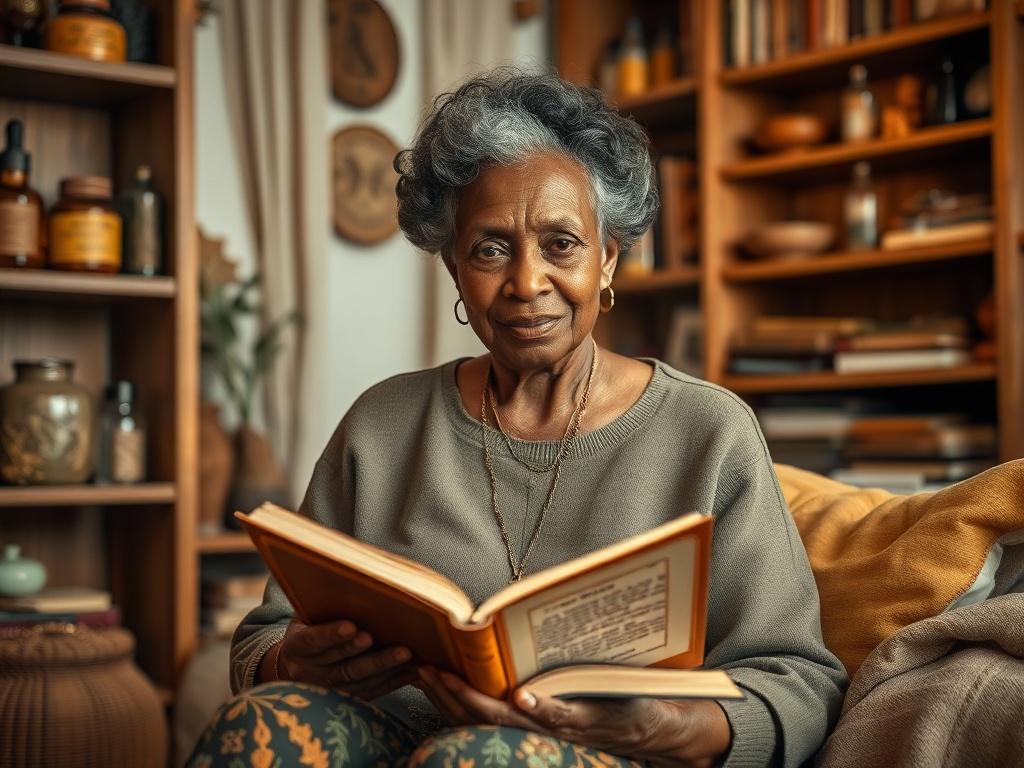
Community Archives vs. Commercial Platforms: Which Is Better for Your Sacred Stories?
When elders share their most precious stories: the teachings that have shaped generations, the prayers whispered in ancestral languages, the wisdom that holds communities together: the question of preservation becomes sacred itself. Where should these irreplaceable narratives find their digital home? Should they rest within community-controlled archives that honor traditional protocols, or benefit from the robust infrastructure of commercial platforms?
This choice carries profound implications that extend far beyond simple storage solutions. It touches the very heart of cultural sovereignty, community autonomy, and the sacred responsibility we bear as guardians of ancestral voices.
The Sacred Trust of Community Archives
Community archives represent something beautiful: grassroots collections created and maintained by the very people whose stories they preserve. These archives emerge from communities themselves, empowering individuals to take control of their own narratives and record history through their own lens of understanding and values.
The Power of Community Ownership
Within community archives, sacred stories remain under the stewardship of those who understand their true meaning. Elders maintain authority over access protocols, determining who may hear certain teachings and under what circumstances. This approach honors the reality that not all wisdom is meant for universal consumption: some stories carry restrictions, some teachings require preparation, and some prayers demand specific cultural contexts to be properly received.
Community archives excel at serving marginalized communities whose voices have been underrepresented in traditional preservation efforts. They create spaces where individuals and groups can present their materials authentically, fostering deep trust and cultural integrity within the community ecosystem.
Challenges That Demand Honest Recognition
However, we must acknowledge the significant obstacles facing community archives. Rural communities often struggle with technology access, while capacity constraints, training gaps, and insufficient IT infrastructure create persistent concerns. Sustainability emerges as perhaps the greatest challenge: many projects depend on grant funding that supports only short-term initiatives, leaving precious collections vulnerable when financial support ends.
Storage, preservation, and staffing issues compound these difficulties. Without professional archival training, well-intentioned community efforts may inadvertently compromise the longevity of digital materials through inadequate file formats, insufficient backup systems, or improper metadata structures.
The Professional Promise of Commercial Platforms
Commercial archiving platforms offer purpose-built solutions designed specifically for organizing, preserving, and sharing historical materials with appropriate security measures. These systems provide professional-grade infrastructure that many community archives cannot independently sustain.
Technical Excellence and Sustainability
Commercial platforms deliver robust capabilities: reliable digital storage systems, comprehensive metadata frameworks, automated backup processes, and professional support structures. They feature API-based archiving that captures legally required metadata and provides complete, compliant archives. Perhaps most importantly, they offer long-term sustainability through established business models rather than the uncertainty of grant-dependent funding.
The Cost of Convenience
Yet this technical excellence comes with significant cultural trade-offs. Commercial platforms may lack deep understanding of community archiving efforts and their fundamental importance to cultural identity. Concerns arise around data ownership, cultural appropriation, and whether these platforms can adequately respect sacred or secret cultural materials.
The standardized approaches that make commercial platforms efficient may prove inadequate for communities with specific cultural protocols around access, sharing, and preservation. What happens when platform policies conflict with traditional teachings about who may access certain stories?
A Framework for Sacred Decision-Making
The choice between community archives and commercial platforms requires careful consideration of multiple dimensions:
Cultural Control and Sovereignty
Community archives offer complete ownership and narrative control, allowing communities to determine their own sharing protocols and access restrictions. Commercial platforms typically impose standardized policies that may not align with traditional cultural practices.
Technical Infrastructure and Longevity
While commercial platforms provide superior technical capabilities and sustainability, community archives offer highly customizable solutions that can adapt to specific cultural requirements, even if they face greater technical limitations.
Financial Sustainability
Community archives depend on grants and volunteer commitment, creating uncertainty but maintaining community ownership. Commercial platforms require ongoing subscription costs but provide more predictable, stable preservation environments.
Sacred Material Handling
Community archives demonstrate superior understanding of sacred and secret cultural materials, respecting traditional protocols around access and sharing. Commercial platforms may lack the cultural context necessary for appropriate handling of sensitive materials.
Pathways to Preservation Wisdom
Choose Community Archives When:
- Your sacred stories require strict cultural protocols and community-controlled access
- Elders insist on maintaining full authority over sharing and access decisions
- Community members possess sufficient technical capacity or can access appropriate training
- Long-term funding commitments or dedicated volunteer support are available
- Cultural authenticity and community empowerment represent primary concerns
- You're preserving First Nations secret/sacred cultural material requiring specialized handling
Choose Commercial Platforms When:
- Technical infrastructure and long-term sustainability are immediate concerns
- Your community lacks digital preservation expertise and training opportunities
- Professional-grade security and backup systems are essential requirements
- Sacred stories can be appropriately handled within standard platform policies
- Available budget allows for ongoing subscription and support costs
- Community protocols align with platform capabilities and restrictions
The Wisdom of Hybrid Approaches
Perhaps the most promising path forward lies not in choosing between these approaches, but in thoughtfully combining their strengths. Consider collaborations between community archives and institutions that can provide capacity and infrastructure support while maintaining essential community control.
Organizations like Densho demonstrate this possibility by providing open-source tools that avoid prohibitive costs while preserving community ownership. Such hybrid models allow communities to maintain cultural sovereignty while accessing professional preservation capabilities.
Some communities establish community-controlled archives for their most sacred materials while using commercial platforms for stories intended for broader sharing. This tiered approach honors different levels of cultural sensitivity while maximizing preservation opportunities.
Honoring the Sacred Trust
Ultimately, the preservation of sacred stories represents one of our generation's most crucial responsibilities. Whether through community archives that honor traditional protocols or commercial platforms that provide technical excellence, the goal remains constant: ensuring that ancestral voices continue speaking to future generations.
The decision between community archives and commercial platforms should always begin with deep consultation with elders and cultural leaders. Their wisdom, their protocols, and their vision for how these sacred stories should be shared must guide every technical decision we make.
In preserving these precious narratives, we carry forward not just information, but the living spirit of our communities. This sacred trust demands that we choose preservation methods worthy of the wisdom they protect: methods that honor both the stories themselves and the generations who will receive them.
The path forward requires courage, resources, and unwavering commitment to cultural integrity. Whether that path leads through community archives, commercial platforms, or innovative hybrid approaches, it must always be walked with deep respect for the sacred voices we are privileged to preserve.
